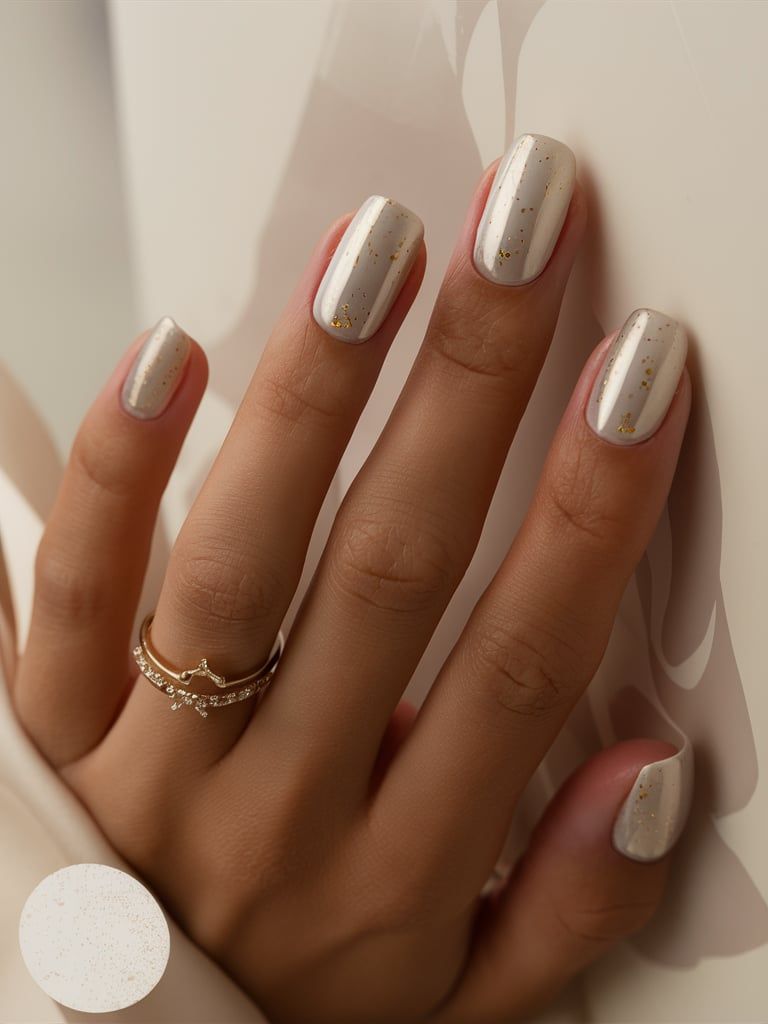Stress is a common factor that many people believe can cause acne breakouts. While stress itself does not directly cause acne, it can trigger or worsen the condition in those who are already predisposed to it. To understand how stress affects acne, it’s important to look at the underlying mechanisms that connect the two.
### Effects of Stress on Hormones
One of the key ways in which stress can lead to acne is through its impact on hormones. When we experience stress, our body releases a hormone called cortisol, also known as the “stress hormone.” Elevated levels of cortisol can lead to an increase in oil production in the skin, which, in turn, can clog pores and promote the growth of acne-causing bacteria.
### Inflammation and Acne
Stress can also trigger inflammation in the body, which has been linked to the development of acne. Inflammatory molecules released in response to stress can exacerbate existing acne lesions and make them more red, swollen, and painful. Chronically elevated levels of inflammation can also contribute to the formation of new acne breakouts.
### Disruption of Skin Barrier
Moreover, stress has been shown to weaken the skin’s natural barrier function, making it more vulnerable to external irritants and bacteria. This compromised barrier can lead to increased sensitivity and reactivity in the skin, making breakouts more likely to occur. Additionally, stress-induced changes in the skin’s pH levels can disrupt the balance of good and bad bacteria on the skin, further exacerbating acne.
### Behavioral Factors
In addition to its physiological effects, stress can also influence our behaviors in ways that can contribute to acne. For example, people under stress may be more likely to touch their face frequently, which can transfer bacteria from the hands to the skin and lead to breakouts. Stress can also disrupt sleep patterns, which is known to negatively impact skin health and contribute to acne flare-ups.
### Coping Mechanisms
Coping mechanisms for stress, such as smoking, excessive alcohol consumption, and unhealthy eating habits, can also indirectly contribute to acne. These behaviors can disrupt the body’s natural balance and trigger inflammatory responses that can manifest as acne breakouts.
### Conclusion
While stress alone may not directly cause acne, it can certainly exacerbate the condition in individuals who are already prone to it. By understanding the underlying mechanisms that connect stress to acne, we can better manage our stress levels and take steps to reduce its impact on our skin. Implementing stress-reducing strategies such as regular exercise, mindfulness practices, adequate sleep, and a healthy diet can help mitigate the effects of stress on acne and promote overall skin health. Consulting with a dermatologist can also provide personalized recommendations and treatments for managing stress-related acne.
You can review our digital products by following us on Etsy.





